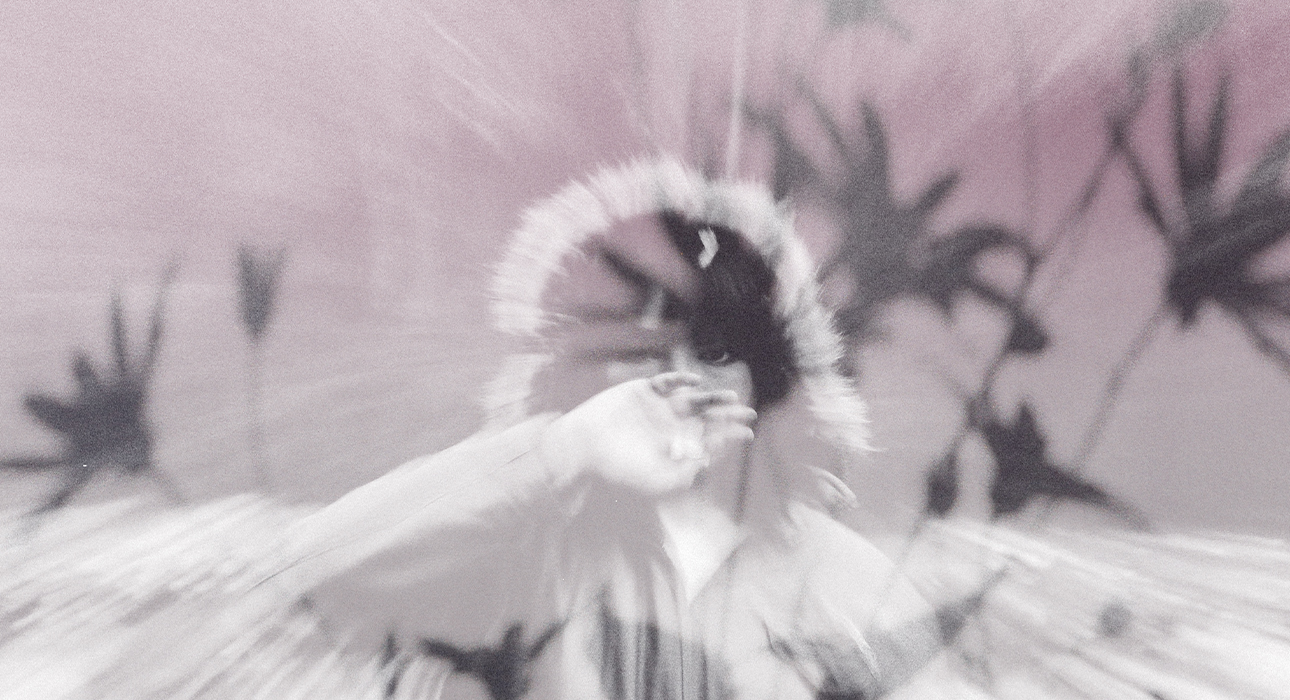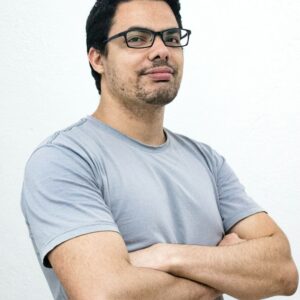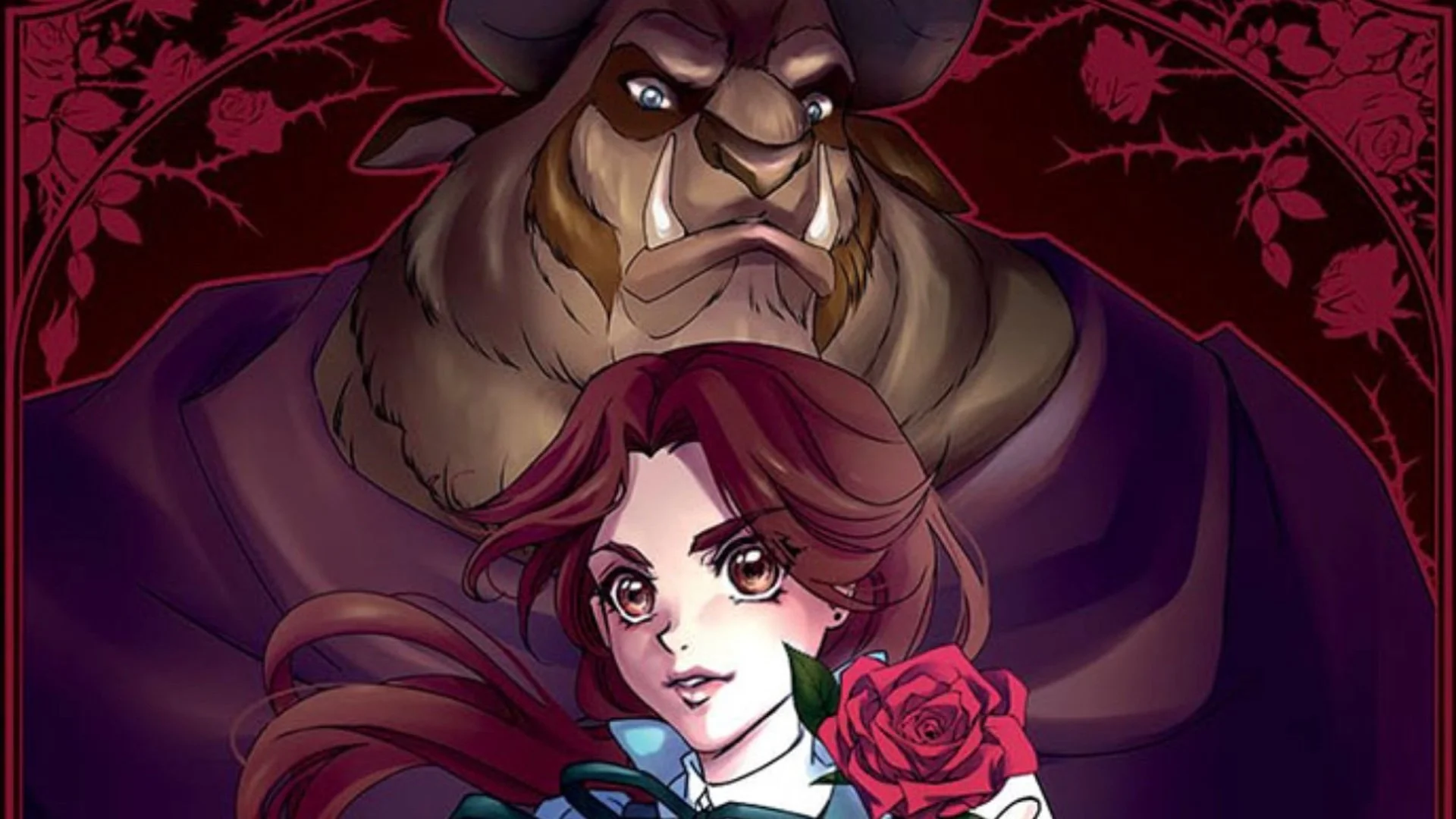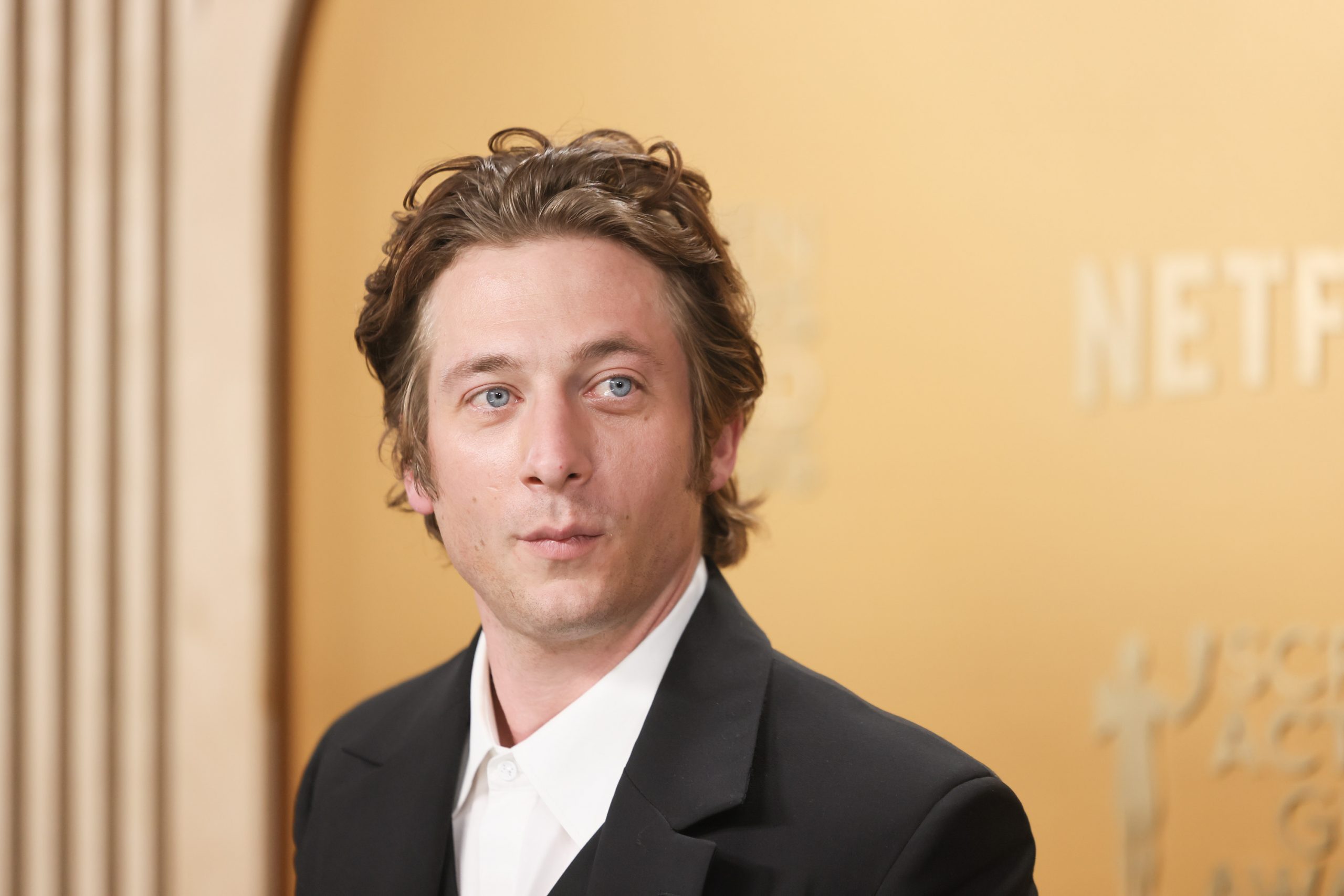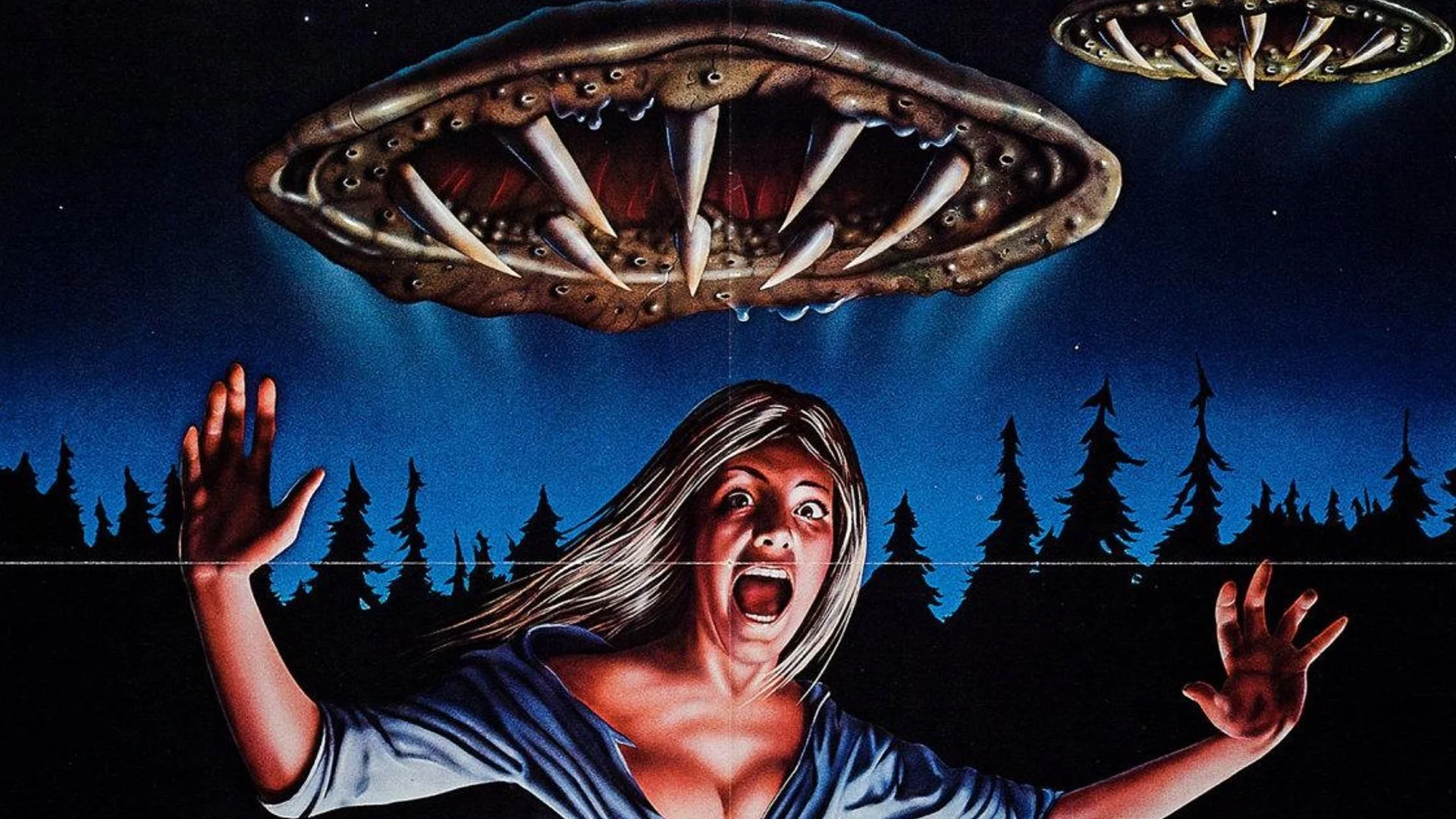Breast cancer is the most common cancer among women today. The number of breast cancer cases in Russia is increasing by about 50 thousand every year. However, as the incidence increases, modern treatment methods are also advancing. Now doctors have the opportunity not only to detect cancer in the early stages, but also to help get rid of the disease at the latest.
October 15 is World Breast Cancer Day. But we want to give another name to this day after the stories of our heroes. This is women’s day; different but very powerful. Women who have gone through difficult life paths and shared their stories inspire others and help them understand that cancer is a diagnosis, but not a death sentence.
A big part of my life consists of performing music. I play as a soloist in orchestras, perform in chamber ensembles, and teach students. I started planning my pregnancy last year. And in January of this year, I independently felt a lump in my chest, and it soon turned out to be a serious diagnosis – triple negative breast cancer (the most aggressive type of malignant tumor – – edit a note.).
The hardest thing was the beginning. I felt like pieces of me were being cut out. Not in the physical sense. What I planned, what I experienced, all of these are slowly coming to an end. I felt like I was a bug on a pin; Everything, I was tied, everything was cut off, there was no way out. And this was exacerbated because the news wasn’t very good.

The first truly joyful day after being lost and semi-paralyzed for a month and a half was when I arrived at the oncology center. Paradoxical as it may be, I describe the atmosphere there as a celebration of life. There they told me that my tumor was really aggressive but that it was treatable. The doctors completely changed the previous treatment plan prescribed for me in another medical institution. And soon I started receiving chemotherapy.
At first I thought I would become disabled. There were evenings when I felt bad, as if I had the flu. Sleep helped. I took different medications: the so-called white chemistry greatly affected my mood, it could suddenly worsen unnaturally – this was the medicine. Another unpleasant thing was that my fingertips started to go numb.

When this all started, I thought I would go on sabbatical, stop working, abandon my students. But surprisingly the gig at work went well and I felt like everyone (students and teachers) who didn’t know about my situation wanted to support me.
I rushed into surgery like it was a holiday. When I first went to see the treating doctor, I heard a nurse in the hallway calling the patient and telling him what he should bring with him to the surgery. I wanted so badly to be in this woman’s shoes. When it was time for my surgery, I flew there.
During my illness, I thought a lot about what I did and why I did it. “I can’t die before…” Speaking of my profession, the answer was: “… Before I steal so-and-so jobs.” And this constant questioning of what I want and why and what else really kept me going. I have someone and something to live for. I have plans to realize myself as a woman and as a person. I have a profession; music means a lot to me. And this is more than a profession.
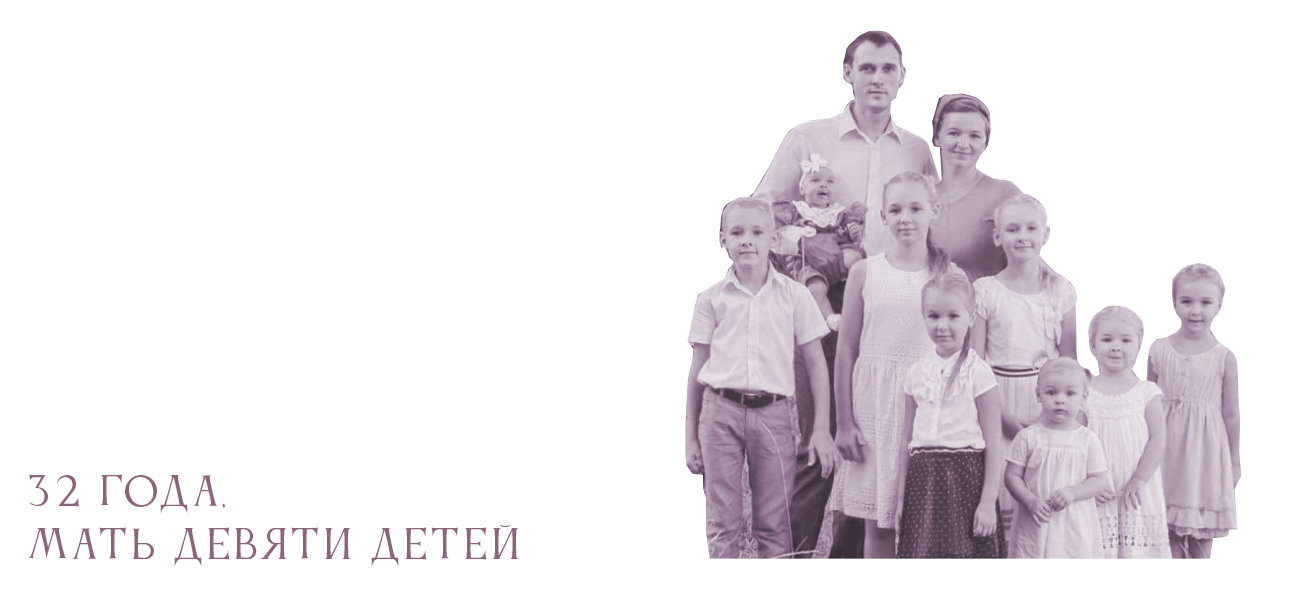
When my wife and I had our third child, I started having problems with my right breast. The doctors said there was no problem, so I didn’t care. Last year, I became pregnant with my ninth child, but I still continued to breastfeed my eighth child. I was at risk of miscarriage and was told I could no longer breastfeed. I stopped. And slowly I started to feel discomfort in my right breast. But it’s not like it used to be. They first diagnosed me with mastitis, then lactostasis, and suggested I apply compresses. After one of these compresses, my breasts grew larger and I immediately went to a breast specialist. They did an ultrasound and took a biopsy (just in case, they said). Then it became apparent that all was not well. We started waiting for the biopsy results. When the answer came, it was said that there was a possibility of cancer. My heart wasn’t beating very calmly, but there was no panic or hysteria either.

When we arrived with the biopsy results, the first thing the doctor said was: “Do you have children?” “You need to terminate the pregnancy and get treatment.” And we had no intention of terminating the pregnancy. At that time I still had half my sentence left. Therefore, the only concern was what would happen to the tumor during this time. I was sent to Moscow for treatment, and the doctor immediately asked if this was my first child. I said ninth. “Can you imagine the consequences?” he asked. “They will treat you like an ordinary person, they will not notice that you are pregnant!” But my decision has not changed.
Before this, only girls were born in our country. And a week before the diagnosis, I found out that I was expecting a boy. We were all looking forward to it. I realized what the consequences could be and thought: “What a miracle this is, I will give birth to her!” Yes, maybe I will die, but we will have a son.”

I underwent eight chemotherapy sessions in total; four before birth and four after birth. Chemistry was very easy to tolerate while pregnant. Yes, there was weakness and dizziness. But everything was easy – I even flew to Moscow myself. After giving birth, it became much more difficult. I felt like a rag, there’s no other way to express it. A ragamuffin who can neither lift his hand, get out of bed, or prepare food. And then there’s the little kid you want to hold and get to know. A few days before chemo, everything got easier. But I had to go through the procedure again.
The children learned the diagnosis from their spouses. She kept asking me, “Mom, is cancer inside you?” they asked. They were very helpful and allowed me to rest more. After my wife left, her friend came with the packages and said: “I woke up in the morning, but my heart was hurting, that’s all. There is such an urge to bring it all to you.” He brought a lot of food with him, I stocked the refrigerator and I didn’t worry at all that my husband would not be home for a few days. I never liked having anyone help me before. It was always just “me”. And now everything has changed. They tell me: “We are all on our own.”
You often understand that cancer is nearby, that it exists, but you always think that it can happen to anyone, but not to you. But it is not like that. After what I went through, I realized how much nothing depends on me. He seems like a healthy person, he has plans, he has children and he doesn’t have time to get sick. But they pulled a thread, broke something a little, that’s all.
About a year before my fortieth birthday, I went through a very difficult time. I was sick all the time – either runny nose or bronchitis. Then I thought: “It’s probably old age.” But I started going to doctors anyway. At the Institute of Immunology, they told me everything is fine, but I need to find out the reason for my weakened immunity. Then for the first time the phrase was heard: “Calm down, don’t get angry, but look, maybe get a medical examination for some kind of neoplasm.” I was already doing this regularly, but I immediately went for a check-up.
It was morning, I was making coffee in the kitchen, I yawned, raised my hands, looked down and was surprised… My chest size is small, I can even say zero. So I was surprised that one of my breasts lifted up and the other didn’t. It was kind of a stone and then I got really scared. Is this really it?

The diagnosis was disappointing. We had a mammogram and we didn’t even have to wait for the biopsy result. From then on, everything moved at a dizzying pace. This was the beginning of the epidemic. You had to get permission to go to the doctor. I realized I was unlikely to be able to handle everything, so I turned to my boss for help. He replied: “Natasha, don’t worry, we will find you the best doctors.”
All my life I had gorgeous, very thick hair below my shoulder blades and I was terrified of going bald. Dying wasn’t scary, dying ugly was scary. And when my hair fell out, I completely stopped being ashamed of my appearance. I even started to emphasize this, for example, I decorated my ears with cuffs. He was wearing an African-style turban, but not for camouflage purposes, but to prevent himself from freezing and getting sick. Over time, I literally became selfish. I no longer care what others think of me.

I went through chemotherapy, radiation, my hair started growing back, and now I’m on endocrine therapy, which means I take pills every day. It turned out that I had the same mutation as Angelina Jolie, so I had to have a prophylactic mastectomy on the second side. I also had to have them removed because I had a high risk of developing ovarian cancer.
After the surgery to remove the ovaries, everything collapsed at first, then slowly began to heal. As the Japanese say, menopause is a woman’s second spring. And I agree with this. You feel a kind of renaissance. You have freedom.
In general, I do not like expressions such as “fighting cancer”. Nobody fights with anything, you just learn to live with it, that’s all.
Special thanks to the National Center for Medical Research Oncology named after the Federal State Budgetary Institution NN for their assistance. Blokhin.”
Source: People Talk
I’m Roger Gritton, and I’ve been writing for the The Fashion Vibes for over 5 years now. My specialty is beauty news; I’m passionate about covering the latest trends, products, and innovations in the industry. In my time there, I’ve become known as an authority on all things beauty-related.
I love discovering new experts to interview, researching up-and-coming ingredients and techniques that are making their way onto our beauty shelves and highlighting people who are making a difference in the world of cosmetics. My work has appeared not only on The Fashion Vibes, but also several other publications including the New York Times Magazine, Allure Magazine and Refinery29.

